The Only True History of Lizzie Finn at Southwark Playhouse
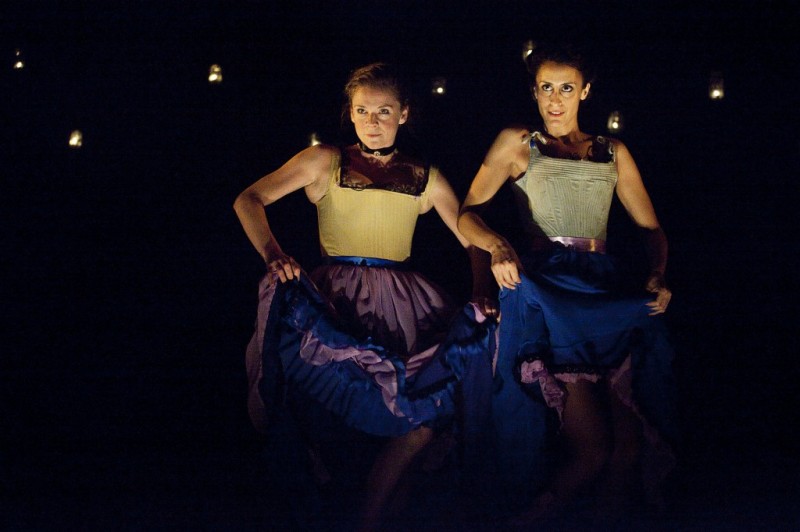
Award-winning playwright Sebastian Barry has been criticised for selecting awkward and unfashionable themes; The Only True History of Lizzie Finn could be seen as no exception.
Set before the unseen back-drop of the second Boer war in the late 1890s, Irish dancer Lizzie is swept off her dancing feet by Robert, who persuades her to leave England and travel back to Ireland with him to his family home. During the Land Wars, Robert’s previously wealthy family have lost sons as well as their source of income. Modern and independent Lizzie comes as a shock to Robert’s conservative Anglo-Irish mother, Lucina – or Lady Gibson.
Picking up themes popular with other Irish playwrights such as Brian Friel, Barry tackles concepts of dislocation and loss of identity. The fact that these themes may be unfashionable certainly does not make them any less worthwhile, powerful and important.
However, the play is not just one about Irish identity and history. The most distinct way Lizzie Finn is characterised is through her honest and open-minded (but never naïve) view of people she meets. In an almost Chekhovian manner, the play itself has an equally objective eye. We are presented with characters and given few clues about them, are never offered the convenience of dramatic irony; we are invited to make judgements which are liable to change. A particularly notable example of this is Lady Gibson, who responds to Lizzie in a very reactionary, patriarchal and conservative manner. Later in the play, however, a spark of intrigue and kindness begins to surround the harsh Lady and we are forced to reassess our assumptions about her. There is a kind of beautiful and subtle irony throughout, which Sebastian Barry has delicately woven into the narrative. Lizzie is the most constant character, in many ways the anchor of the narrative, but what grounds her is her refusal to become set down to any certain way. Her physical, intellectual and emotional mobility gives her stability.
In mood, the play is warm, heartfelt, gently lustful and deeply emotive but avoids all traps of sentimentality and muddying political anger. Just as characters are written objectively, so are situations – Barry does not belittle the complex issue of national identity by forcing the audience into one camp or another.
The Southwark Playhouse itself is an ideal venue for a complex but intimate play of this kind. The action of the play has the potential to be distancing, or even dullish. However, the objectivity of the play’s presentation is sent pleasantly off-kilter by the warmth and simple scale of the venue and set design. Very simple but effective prop design move the play seamlessly through a foggy English pier in Weston-super-Mare, to a ship on the Irish sea, to a manor house in the Irish countryside.
The Only True History of Lizzie Finn comes from Jagged Fence productions, which are famous for producing “compelling, anarchic and joyous work”. The combination of a production company not afraid to take risks and a writer of Sebastian Barry’s skill and experience makes for an uncommonly excellent fringe production. It would be totally unsurprising to see this play move to the West End very soon.
Abigail Moss
Photo: Bronwen Sharp
The Only True History of Lizzie Finn is at the Southwark Playhouse until 21st July 2012. For further information or to book visit the theatre’s website here.

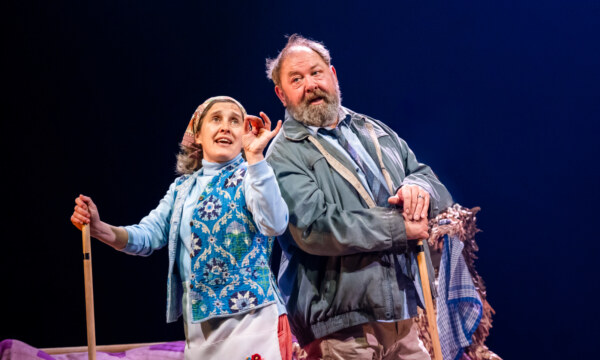
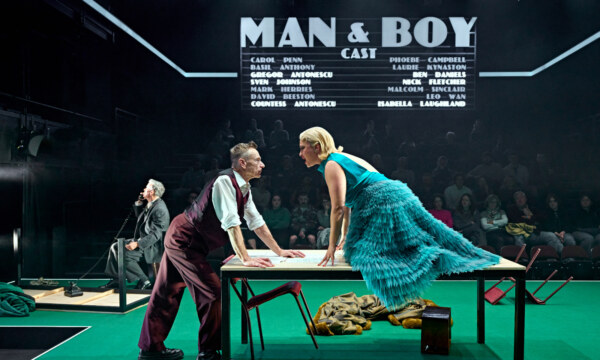

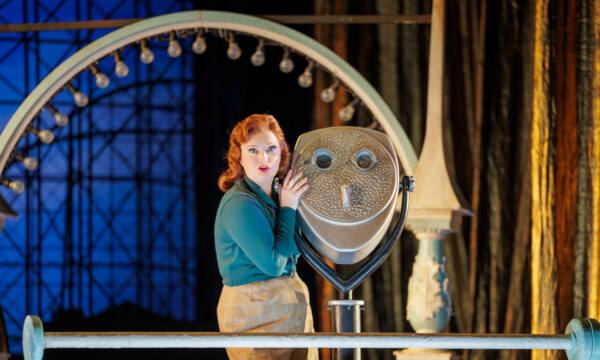

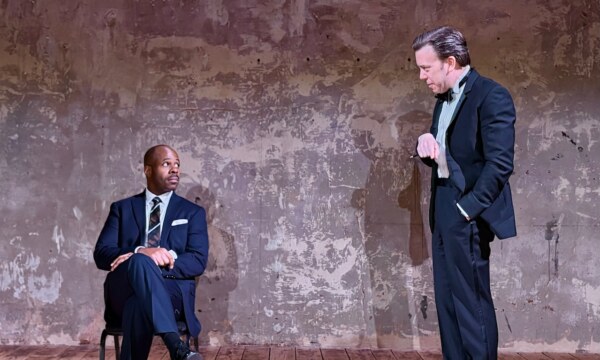
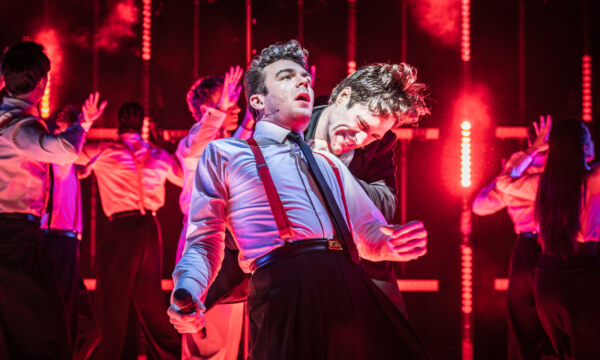
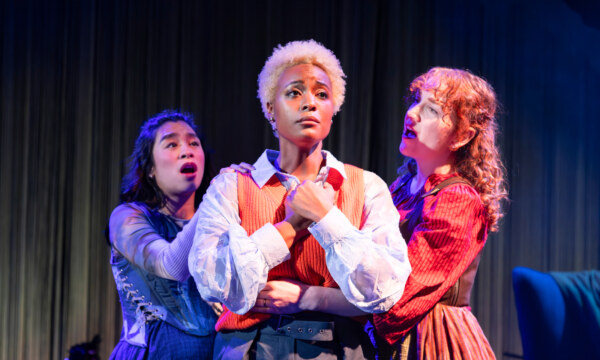
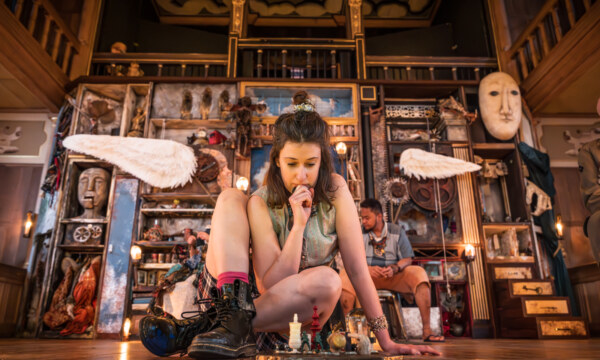


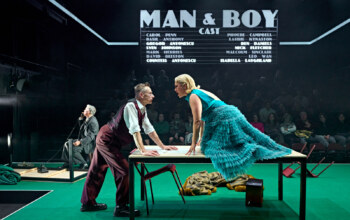
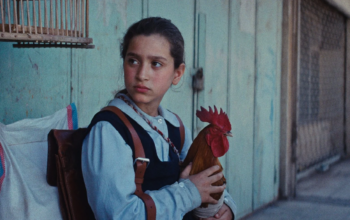











Facebook
Twitter
Instagram
YouTube
RSS